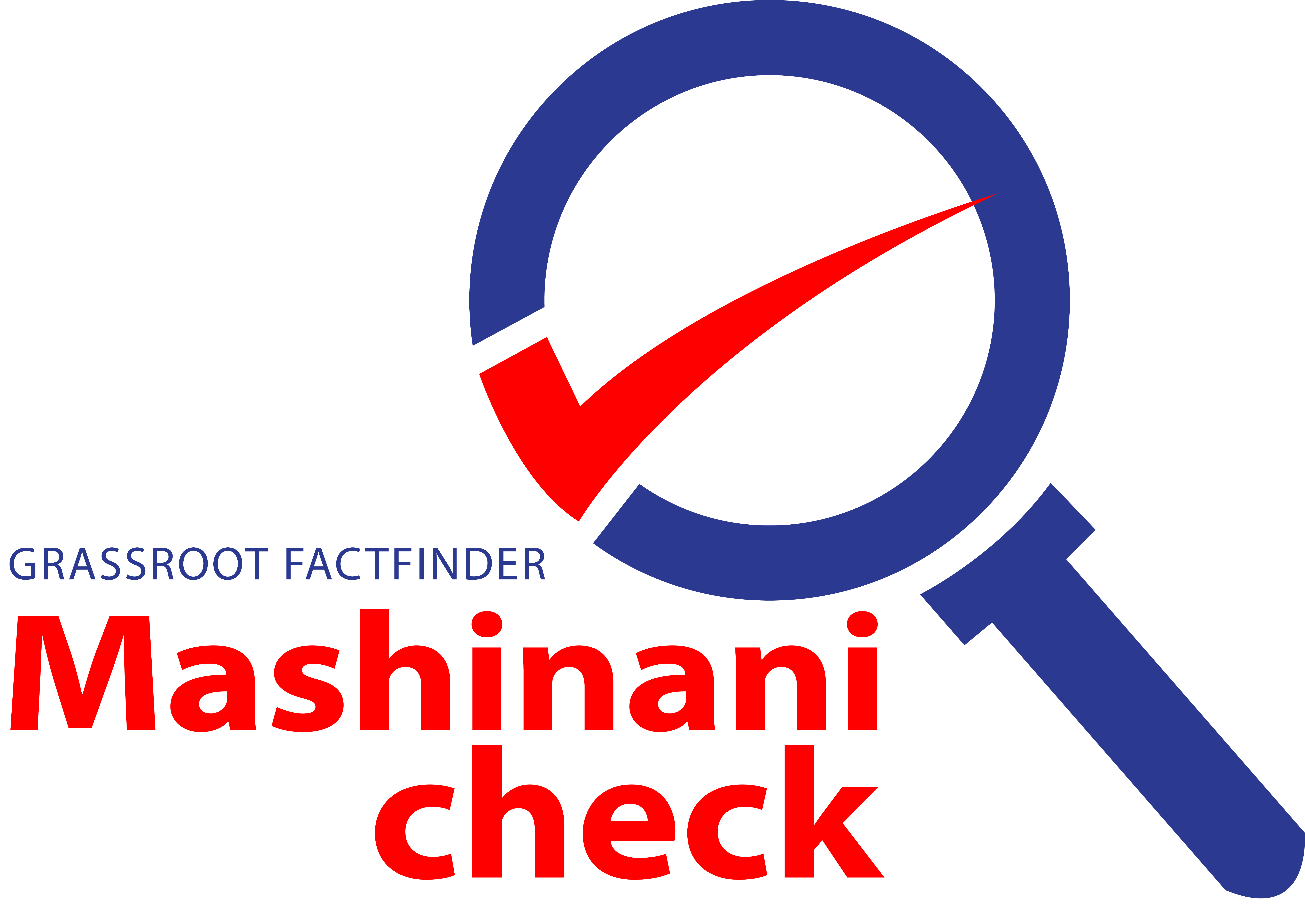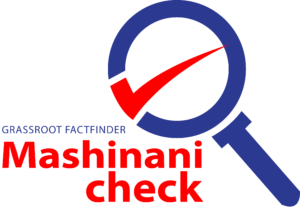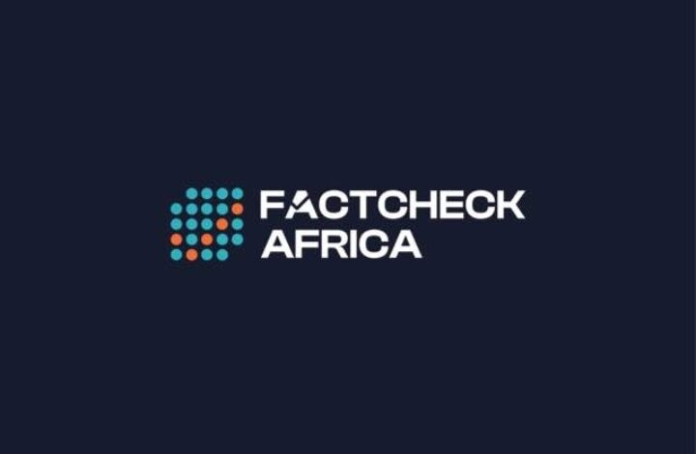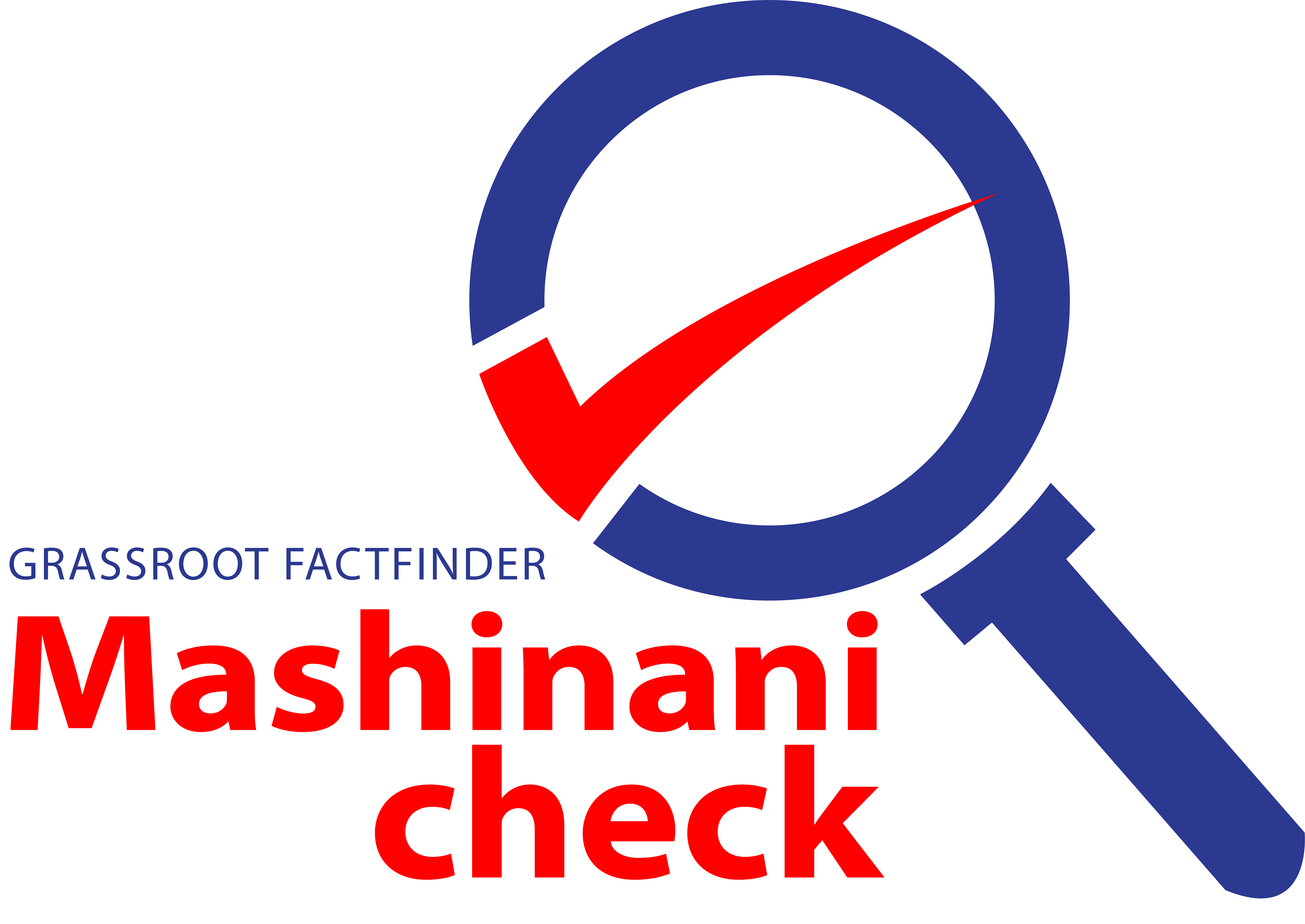By Mustapha Lawal
In an age dominated by the rapid dissemination of information across digital landscapes, the quest for truth has become more elusive than ever. Amidst the cacophony of online voices, FactCheck Africa stands as a lighthouse, cutting through the waves of misinformation to guide individuals across the continent toward clarity and accuracy.

At the heart of this formidable endeavour lies the Fact-Checking Stylebook – a comprehensive document that not only serves as a compass for the organisation’s fact-checkers but also carries profound implications for the broader landscape of public discourse.
FactCheck Africa, with its unwavering commitment to debunking falsehoods, hoaxes, and misleading claims, has become a beacon of truth in a digital sea often clouded by deception. The impact of this platform extends far beyond the confines of its fact-checking initiatives; it reverberates through the very fabric of how information is consumed, shared, and understood in the online realm.
The FactCheck Africa Fact-Checking Stylebook
Every organization has rules and regulations that govern its operations. These rules are created to establish a fair and consistent organisational culture, not out of fear of laziness or a lack of effort. To ensure maximum functionality, FactCheck Africa created a Fact-Checking Stylebook, which is described as a living document that is constantly evolving to meet the changing needs of the organisation and the ever-changing landscape of information dissemination. The stylebook is more than just a guide; it is the organizational compass that guides the relentless pursuit of truth.
This foundational document is a guiding principle for fact-checkers who are dedicated to combating falsehoods. It clearly states the organization’s objective: to empower people across Africa by providing them with the tools they need to distinguish between the genuine and the deceptive. The Stylebook establishes a framework for FactCheck Africa’s fact-checking process, from identifying a claim to researching it to writing a final report. It contains detailed instructions on how to evaluate sources, identify bias, and recognize logical fallacies. The Stylebook is essential for ensuring that FactCheck Africa’s fact-checking is accurate, impartial, and transparent.
Embedded within the Stylebook are the ethical pillars that uphold FactCheck Africa’s credibility. Adhering to the 20 Principles of Sourcing and the IFCN code of principles isn’t just a practice; it’s a commitment to transparency, accountability, and unwavering journalistic integrity. In a world where misinformation thrives, these ethical standards act as a shield, ensuring that FactCheck Africa remains a trusted beacon of truth.
The Stylebook’s meticulous fact-checking guidelines are the foundation of its work to debunk misinformation. These guidelines cover everything from how to handle anonymous sources with transparency to the ethical considerations of using graphic images. They are a testament to the organisation’s commitment to truth-telling. Clarity is essential in the world of fact-checking, and the Stylebook ensures that the information it presents is not only accurate but also accessible to a diverse audience.
The Stylebook Coverage and Language
In the battle against misinformation, understanding the battlefield is crucial. The FactCheck Africa Stylebook equips fact-checkers with the tools to quantify the impact of false news. The Stylebook’s precision in language is essential for accurately assessing the impact of misinformation. Vague terms, such as “widespread” or “viral,” can be misleading. By using precise language, fact-checkers can better understand the reach of false news and its potential to harm.
The Stylebook also acknowledges the role of closed messaging apps in the spread of misinformation. These apps are often used to share false news without the same level of scrutiny as public platforms. By understanding the role of closed messaging apps, fact-checkers can better identify and address the spread of misinformation. FactCheck Africa doesn’t just fight falsehoods; it comprehensively assesses their reach and impact. This comprehensive approach is essential for effectively combating misinformation.
The Stylebook provides a linguistic arsenal to communicate the severity and nuances of misinformation. “False,” “true,” “misleading,” “altered photo,” and “missing context” are not just words; they are standardised tools for effective communication. This linguistic precision ensures that the audience understands the gravity of misinformation and its various forms.
For example, the Stylebook defines “false” as “information that is incorrect or inaccurate.” This is in contrast to “misleading,” which is defined as “information that is presented in a way that is intended to deceive or mislead.” The Stylebook also distinguishes between “altered photos” and “missing context.” An altered photo is a photo that has been edited or manipulated in a way that changes its meaning. A photo with missing context is a photo that has been taken out of context, which can also change its meaning.
This linguistic precision is important because it allows the audience to understand the severity of misinformation. When the audience knows that something is false, they can take steps to protect themselves from being misled. They can also be more critical of information that is presented to them, and they can be more likely to seek out accurate information.
The Stylebook is a valuable tool for communicating about misinformation. It provides a standardized set of terms that can be used to accurately describe different types of misinformation. This linguistic precision helps to ensure that the audience understands the gravity of misinformation and its various forms.
Fact-checking deep fakes and other AI-generated content
In the age of deepfakes and other AI-generated content, it is more important than ever to have a reliable way to verify the truth of information. The FactCheck Africa Stylebook acknowledges the limitations of existing digital verification tools and instead urges fact-checkers to rely on traditional methods, such as source interviews and document review, to unravel the complexities of AI-generated content. This approach is essential to ensuring that the public is not misled by false or misleading information.
By standing firm on the importance of traditional verification methods, FactCheck Africa is demonstrating its commitment to accuracy and truth. In an era where artificial intelligence is constantly evolving, it is vital to have a fact-checking organization that is fearless in adapting and changing its methods to stay ahead of the curve. FactCheck Africa is doing just that, and by doing so, it is helping to ensure that the public has access to accurate and reliable information.
Educational Potential: Beyond Debunking
While the Fact-checking primary focus is to debunk significant misinformation, the FactCheck Africa Stylebook also recognizes the educational potential in the lighter, offbeat stories. Stories (such as this) aren’t just diversions; they are strategic showcases of how information can be manipulated. By incorporating such content, FactCheck Africa doesn’t just debunk; it educates, fostering critical thinking and resilience against misinformation.
For example, one of FactCheckAfrica’s articles on how Twitter’s blue tick and impressions fuel misinformation educated the public on the dark side of the premium feature and how some users of the platform use the feature to mislead others. Another example of FactCheck Africa’s educational content is a series of articles about how to spot fake news. These articles provide tips on how to identify misleading or false information, and they encourage people to think critically about the news they consume.
By incorporating educational content into its debunking work, FactCheck Africa is helping to create a more informed and resilient public. The organization is providing people with the tools they need to think critically about the information they consume, and it is helping to protect people from the dangers of misinformation.
Conclusion
FactCheck Africa’s Fact-Checking Stylebook is a tool for empowerment. It equips fact-checkers and the public to navigate the complex landscape of online information. It fosters a cultural shift where scepticism, critical thinking, and the pursuit of truth are valued. The Stylebook is a catalyst for change, steering us towards a reality where accuracy prevails, misinformation falters, and the quest for truth is a collective journey.
Source, factcheck Africa





